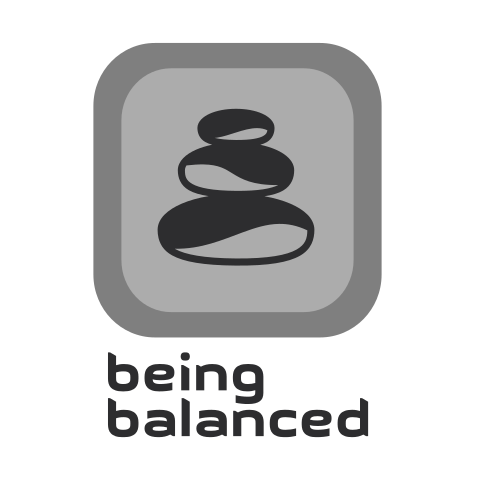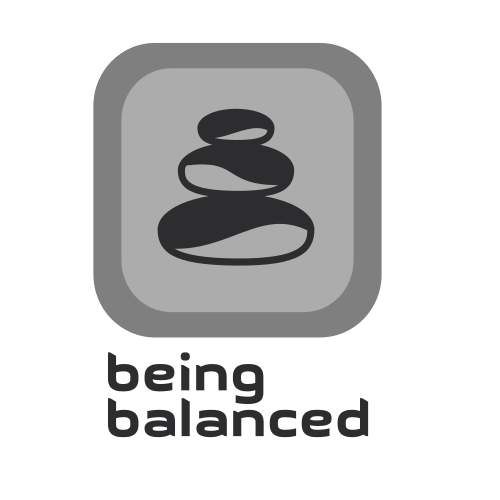"Navigating the Storm: A Personal Journey with PMDD and the Importance of Awareness"
For 12 days every month, I undergo a transformation. I become insomniac, hypersensitive, bloated, uncomfortable in my clothes, averse to loud noises, irritable over trivial matters, a cleanliness freak, plagued by a queasy stomach, and late-night cravings. I feel exhausted and avoid social interactions.
Despite being a therapist and projecting confidence and composure, I still feel like a dragon spitting fire within, it’s me against the world.
I have learned over the 15 years to navigate these 12 days. Rather than saying I suffer from PMDD, I acknowledge its painful impact but view it as a manageable aspect of my life.
Premenstrual dysphoric disorder (PMDD) is a more serious form of premenstrual syndrome (PMS). It causes physical and emotional symptoms every menstrual cycle in the week or two before your period.



With April being PMDD awareness month, I thought I could share my experience here as there’s still much, we don’t comprehend about this condition. I would really want to say, it’s not an over-hyped condition, it happens to 3- 8% of women and I am one among them. I am glad to be alive and working because many women suffering from this condition feel suicidal and struggle to stay employed. PMDD isn’t simply PMS. While similarities exist between PMS and PMDD, the latter is far more debilitating.
As a young adult, I was surprised to learn that some women have trouble-free periods, a concept foreign to me as I had always associated menstruation with discomfort. However, my perspective shifted when I lost a friend to suicide, a tragedy linked to her severe PMDD symptoms. It was a wake-up call, urging me to understand and validate the experiences of those suffering silently. I was grief stricken, unwilling to believe her periods was the sole reason for this until I met Dr X. She was the first one to tell me she believed my friend and maybe I should too.
My reasons to not believe my friend was that I felt everything just like her and yet I never felt suicidal, I wish I knew more then.
One of my biggest frustrations is encountering gynecologists who dismiss PMDD as a myth. Fortunately, I have supportive healthcare providers who assist me in managing these challenging days.
As a therapist, I empathetically acknowledge the menstrual struggles of my clients, knowing firsthand the impact it can have.
Personally, I’ve found solace in maintaining a healthy diet, avoiding junk food, engaging in regular exercise, and seeking support from colleagues and friends. I’ve learned to limit my workload during these days to aid concentration, communicate my needs to family for a quieter environment. I doodle like crazy, listen to music, CBT has helped me when I tend to spiral.
.
Acknowledging PMDD isn’t about victimhood; it’s about understanding and supporting those affected. Increased awareness and validation are crucial steps in helping individuals navigate this monthly challenge with resilience and dignity.